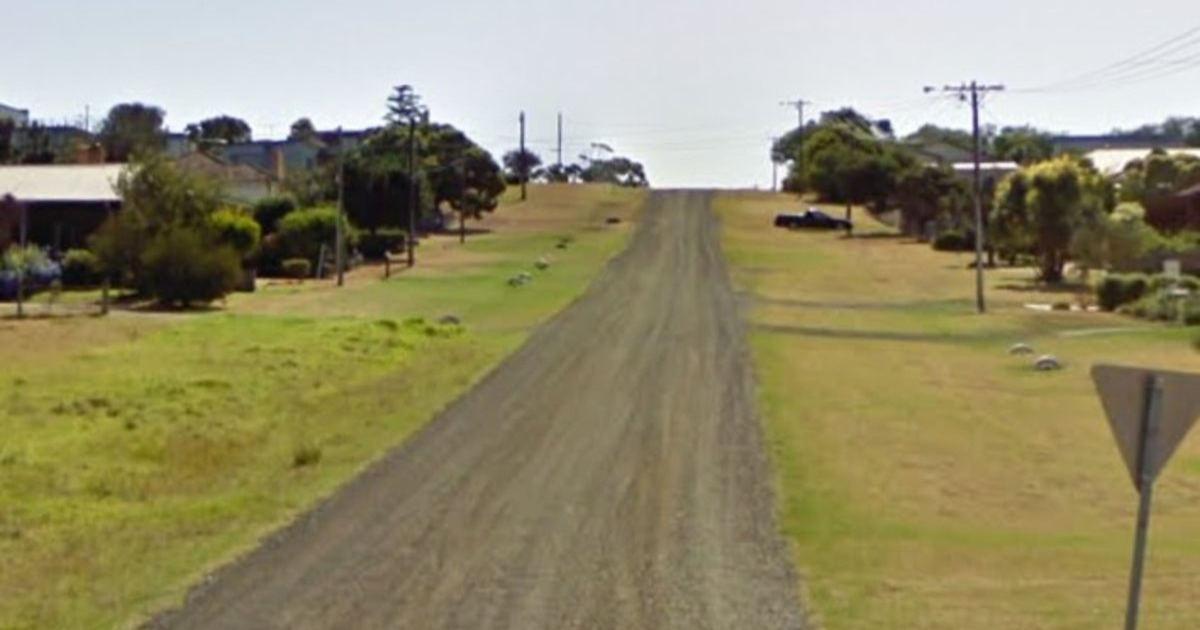Consultation process questioned as local laws adopted

Councillor and chair of the city's LGBTIQA+ advisory committee Sarah Hathway raised concerns about the Neighbourhood Amenity Local Law's consultation process. Photo: SUPPLIED
THE City of Greater Geelong council last week adopted a document aiming to update and future-proof the municipality’s local laws, but one councillor has raised concerns about the consultation process.
This document will replace the council’s previous Neighbourhood Amenity Law, which is now almost 10 years old and is set to expire in December.
Designed to secure community safety, protect public assets and enhance neighbourhood amenity, these local laws cover a variety of areas including property, animals, waste, business and public places.
Windermere Ward councillor Sarah Hathway said although she was glad to have reached an outcome, the consultation process for the city’s new Neighbourhood Amenity Local Law had been “problematic”.
Her concerns centred on some of the recommendations provided by the city’s LGBTIQA+ advisory committee, of which she is chair.
Some of these recommendations, she said, were initially ignored.
“There was a problematic clause in relation to use of public bathrooms that went out in the second round of consultation despite a lot of angst and feedback that had already come back from the advisory committee and other community members,” she said.
“I’m concerned that it’s been damaging to our relationship with our own advisory committee and the broader community going forward.
“Sometimes the process matters, as well as the outcome, and I just think we need to take that into account in the future.”
The clause, which included references to gender that were flagged as discriminatory, has since been removed and does not appear in the final document.
Speaking at the council’s meeting last week, councillor Melissa Cadwell said the majority of changes made to the municipality’s local laws were centred around simplifying language, switching to gender neutral terms, updating measurements from the imperial system to metric units and removing or combining duplicate clauses.
While these laws remain largely unchanged from their 2014 iteration, a number of amendments have been made, including changes to the provision of unisex facilities, restrictions on the use of motorbikes and other motorised recreational vehicles and time restrictions for carrying out building works on residential buildings.
Mayor Trent Sullivan thanked everyone who engaged in the “monolithic task” of updating the city’s local laws.
“Throughout it, there’s going to be steps to overcome, things that pop up that need to be re-engaged,” he said.
“I think the team have done that very well [and] worked towards a final great result, which I’m very excited to see before us and be able to be completed in this council term.”

















